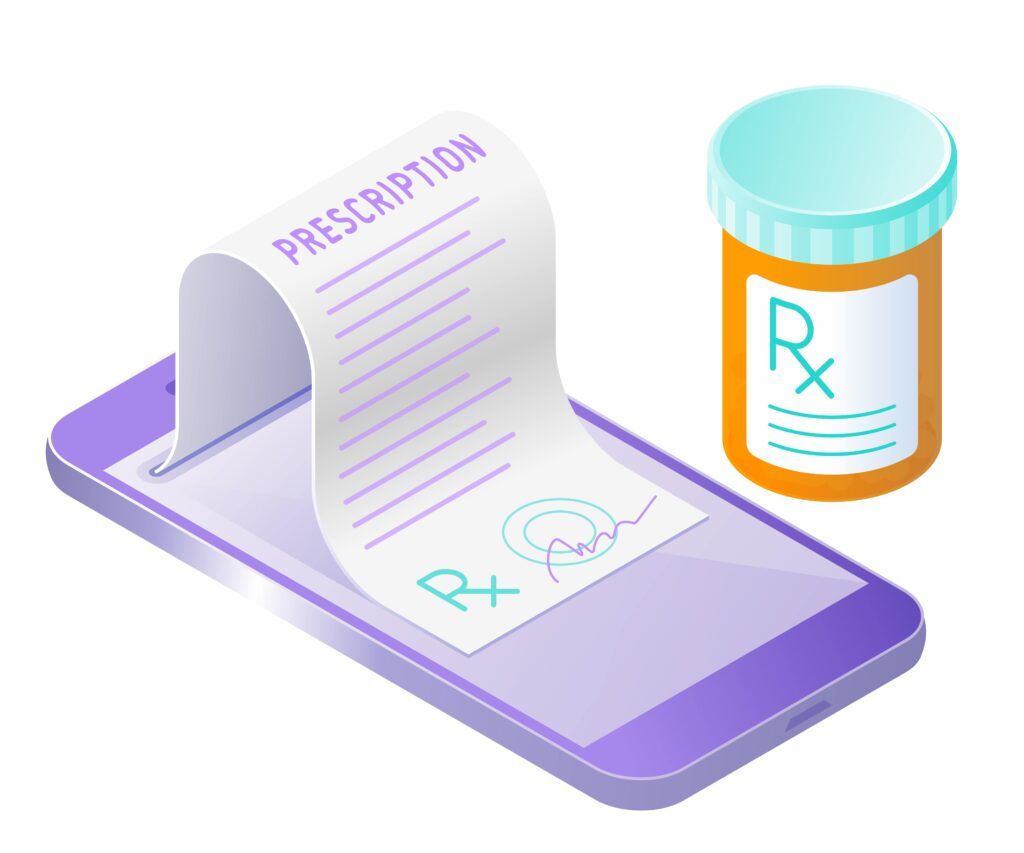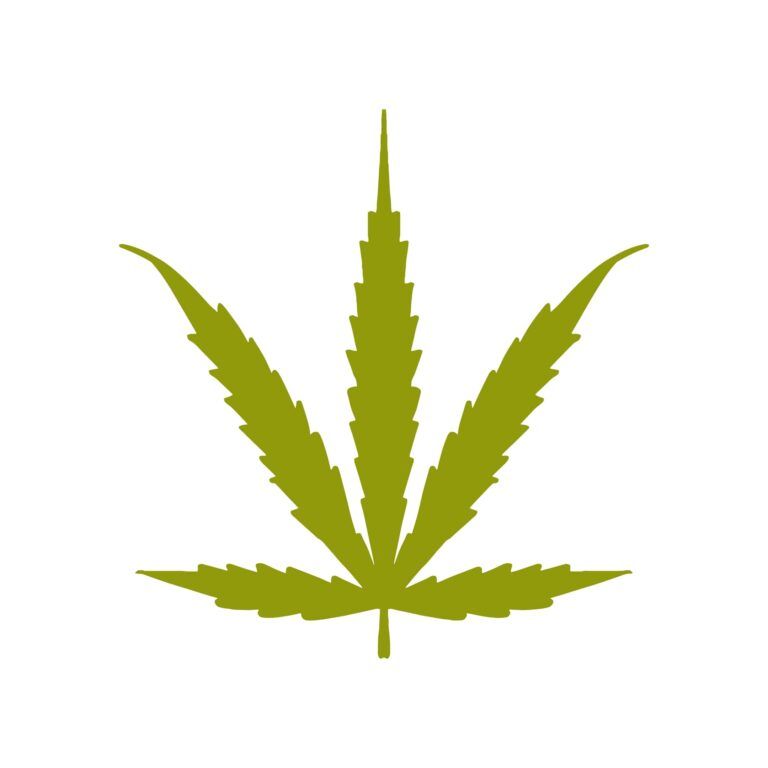In recent years, medical marijuana has been a topic of intense debate and discussion. Its growing acceptance and legalization in many parts of the world have led to increased interest and scrutiny. While some advocate for its benefits in managing various medical conditions, others are concerned about the potential for addiction and misuse. This blog aims to shed light on the myths and realities surrounding medical marijuana and addiction, providing a balanced perspective for informed decision-making.
The Myths of Medical Marijuana Addiction
Myth 1: Medical Marijuana is Addictive Like Hard Drugs
The myth that medical marijuana is as addictive as hard drugs is a significant misconception clouding public understanding. Unlike substances such as opioids, heroin, or cocaine, which have high addiction rates and severe withdrawal symptoms, the addictive potential of medical marijuana is relatively low. While it is true that a small percentage of users might develop a dependency, particularly with heavy or prolonged use, this dependency is often psychological rather than physical. Unlike hard drugs, where cessation can lead to intense physical withdrawal symptoms, marijuana withdrawal, if it occurs, is generally milder. This distinction is crucial in the medical context, where marijuana is used under healthcare supervision. The controlled use for therapeutic purposes, often involving regulated dosages and specific strains, substantially reduces the risk of addiction. Moreover, the addictive potential of medical marijuana must be weighed against its benefits, such as pain relief and control of nausea, offering a quality of life improvement for many patients that often outweighs the relatively low risk of addiction.
Myth 2: Medical Use Leads to Recreational Abuse
The myth that the medical use of marijuana inevitably leads to its recreational abuse is largely unfounded and oversimplifies the complex nature of substance use. This misconception stems from the assumption that exposure to a substance for medical purposes naturally escalates to non-medical, recreational usage. However, in practice, the medical use of marijuana is markedly different from recreational use. It involves controlled dosages, careful monitoring by healthcare professionals, and is often targeted towards specific medical conditions such as chronic pain, epilepsy, or the side effects of chemotherapy. This structured and purpose-driven use under medical supervision minimizes the risk of misuse. Furthermore, patients using medical marijuana are typically educated about the proper use and potential risks, which is not the case in recreational scenarios. Studies have shown that most patients adhere to their prescribed medical marijuana regimen and do not transition to recreational use. In fact, in some cases, the responsible medical use of cannabis can reduce the reliance on more addictive substances like opioids, thus potentially decreasing the likelihood of substance abuse.
Myth 3: Medical Marijuana is a ‘Gateway Drug’
The myth that medical marijuana acts as a gateway drug, leading users to experiment with more dangerous and addictive substances, has been a topic of debate for decades but lacks strong empirical support. This theory suggests a linear progression from marijuana to harder drugs, but research has consistently shown that the vast majority of medical marijuana users do not move on to substances like heroin or cocaine. The factors leading to substance abuse are complex and multifaceted, involving genetic, environmental, and social elements, and cannot be attributed to the use of a single substance. Additionally, the context in which marijuana is used medically is significantly different from recreational use. Medical use is typically under the guidance and prescription of a healthcare professional, focused on treating specific health conditions with regulated dosages and strains. This controlled environment reduces the risk of subsequent experimentation with harder drugs. In fact, some studies suggest that access to medical marijuana can potentially reduce the use of far more addictive prescription drugs, notably opioids, challenging the notion of marijuana as a gateway substance.
Understanding the Risks of Medical Marijuana
While medical marijuana offers numerous therapeutic benefits, it’s important to acknowledge and understand the associated risks, particularly when used without proper medical guidance. Here are some key risks associated with medical marijuana use:
Psychological Dependence:
Although less addictive than many prescription drugs, there is a risk of developing a psychological dependence on marijuana, particularly with long-term or heavy use.
Impaired Cognitive and Motor Functions:
Short-term use of marijuana can impair cognitive and motor functions, affecting memory, attention, and coordination. This is especially concerning for activities that require alertness and coordination, such as driving.
Potential for Abuse:
Like any medication, there’s a potential for abuse if medical marijuana is not used as prescribed. This risk can be higher in individuals with a history of substance abuse.

Respiratory Issues:
Smoking marijuana can lead to respiratory problems, similar to those caused by smoking tobacco. This includes chronic cough, bronchitis, and increased mucus production.
Mental Health Concerns:
In some individuals, particularly those with a predisposition to mental health issues, marijuana use can exacerbate conditions like anxiety, depression, or psychosis.
Drug Interactions:
Marijuana can interact with other medications, potentially altering their effects. This is particularly crucial for patients taking multiple medications for chronic conditions.
Adverse Reactions:
Some people might experience adverse reactions to marijuana, including nausea, vomiting, dizziness, or headaches.
Effect on Adolescent Brain Development:
For younger users, especially adolescents, marijuana use can affect brain development, potentially leading to cognitive impairment or an increased risk of mental health disorders.
Pregnancy and Breastfeeding Risks:
The use of marijuana during pregnancy and breastfeeding is discouraged as it may affect fetal development and can be transferred to the infant.
It’s important for individuals considering medical marijuana to consult with healthcare professionals to thoroughly understand these risks and to determine whether it’s an appropriate treatment option for their specific health condition. Regular monitoring and adherence to prescribed usage are key to minimizing these risks.
Minimizing the Risks
Minimizing the risks associated with medical marijuana involves a combination of medical guidance, responsible usage, and awareness of personal health factors. Here are some strategies to reduce these risks:
Consult with Healthcare Professionals:
Always begin by consulting a healthcare provider. They can advise on whether medical marijuana is appropriate for your condition, considering any potential interactions with other medications or health issues.

Follow Prescribed Guidelines:
Use medical marijuana strictly as prescribed. This includes adhering to recommended dosages, frequency, and methods of consumption.
Choose Safer Consumption Methods:
Opt for non-smoking methods of consumption, like edibles, tinctures, or vaporization, to avoid the respiratory risks associated with smoking.
Be Aware of Personal Health History:
Individuals with a history of mental health issues, substance abuse, or certain medical conditions should exercise caution. Discuss your complete medical history with your healthcare provider.
Monitor for Adverse Effects:
Pay attention to how your body reacts to medical marijuana. If you notice adverse effects, such as increased anxiety, mood changes, or respiratory problems, inform your healthcare provider immediately.
Regular Medical Check-ups:
Regular follow-ups with your healthcare provider are important to monitor the effectiveness and safety of the treatment, and to make any necessary adjustments.
Educate Yourself:
Stay informed about medical marijuana, its potential effects, and how it interacts with other substances. Knowledge is key to making informed decisions about your health.
Avoid Use During Pregnancy and Breastfeeding:
Due to potential risks to fetal and infant development, it’s advised to avoid marijuana use during pregnancy and breastfeeding.
Use Responsibly and Legally:
Ensure that your use of medical marijuana complies with local laws and regulations. Also, be responsible in storing and using marijuana to prevent unauthorized access, especially by children.
By following these guidelines, patients can maximize the therapeutic benefits of medical marijuana while minimizing its risks. It’s important to maintain open communication with healthcare providers throughout the process for the best outcomes.
Conclusion
Medical marijuana, like any medication, comes with both benefits and risks. Debunking myths and understanding the realities of its use is crucial for patients and healthcare providers alike. With proper use and supervision, medical marijuana can be a valuable tool in the medical arsenal, offering relief for numerous patients without leading them down a path of addiction.

Dr. Kashouty, a diplomate of the American Board of Psychiatry and Neurology (ABPN), practices general neurology with fellowship trained specialization in clinical neurophysiology. Dr. Kashouty finds the form and function of the nerves and muscles the most interesting part of neurology, which is what led him to specialize in neurophysiology with more emphasis on neuromuscular conditions. He treats all neurological diseases, but his main focus is to treat and manage headaches, movement disorders and neuromuscular diseases.




